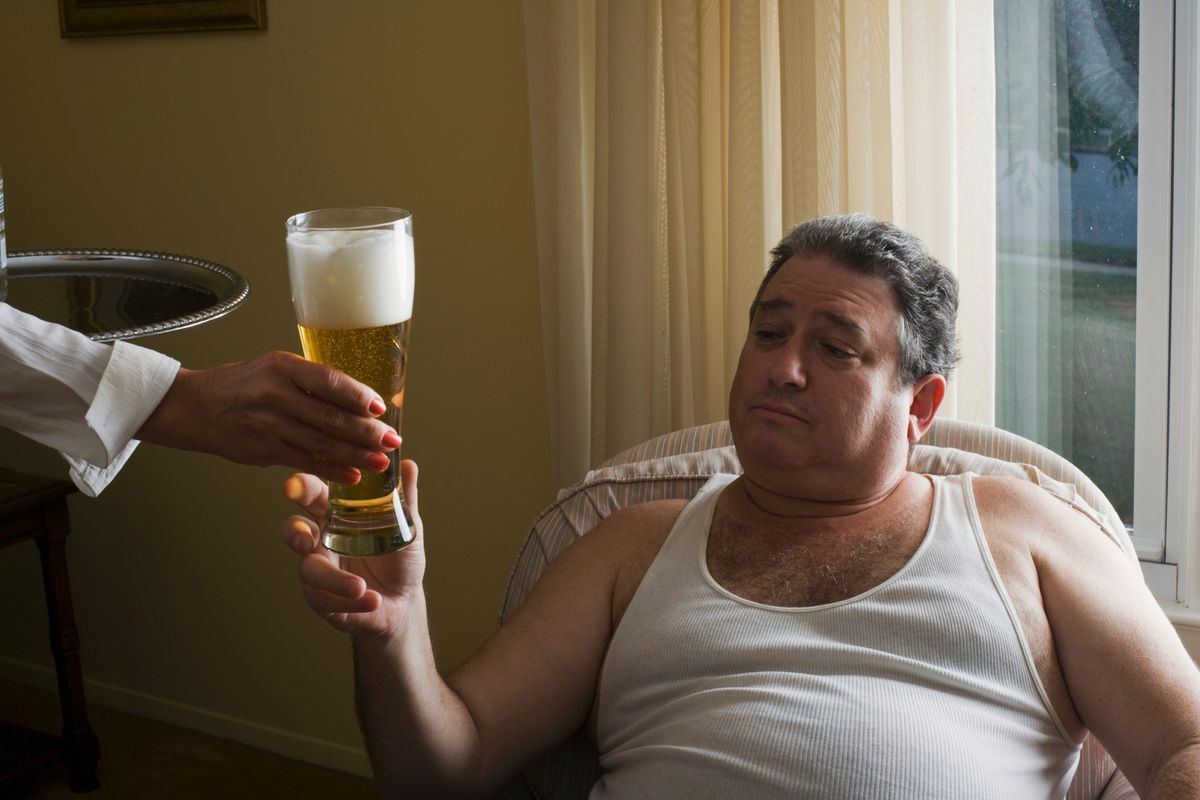Most of us are accustomed to remembering the calories we eat, but we rarely do the same with the alcohol we drink. While we understand that alcoholic beverages have calories, we like to think that they don’t truly count.
Alcohol has a lot of calories on its own, and as much as two-thirds of the calories in wine, beer, and cider stem from alcohol.
The remainder consists of sugars that are made up of carbs. Certain sugars are more complicated to process. They add to the body and flavor of a drink. But why do calories exist in alcoholic beverages? In this piece, we’ll explain why this is happening.
Table of Contents
ToggleWhy Does Alcohol Have Calories?
Alcohol isn’t made from carbs. Your beloved drinks, including wine, beer, cider, and spirits, are created using organic starch and sugar. Alcohol is produced by fermenting (or distilling, in the context of some drinks) sugar.
That’s why booze has plenty of calories – seven calories for each gram, nearly the same as a gram of fat. Also, cola or tonic water served as mixers can add more calories.
Nearly every gram of alcohol has as many calories as one gram of fat. While a drink’s calories don’t just come from the booze, several beverages contain plenty of sugar.
This implies that alcohol is almost twice as fattening as carbs or proteins but is somewhat less fattening than fat.
How Many Calories Are In Alcohol?
About seven calories count for each gram of alcoholic drinks. For instance, a gram of carbs or protein has roughly four calories, whereas a gram of fat has approximately nine calories.
Calories from alcohol vary based on how strong it is; therefore, 37.5% ABV (alcohol by measure) neat gin will contain more calories compared to 13% ABV wine, but the result must be judged against the size of the amount.
Compared to that, a 175 ml serving of red wine has about 150 calories, while a 25 ml shot of gin has about 97 calories. But pouring the wine in the same amount of gin would have contained about 22 calories.
Can The Calories In Alcohol Cause Weight Gain?

Most of the time, the calories people have from having booze are in extra to the calories they have from other aspects of their diet, not instead of them. That implies you may drink plenty more calories without realizing it, which can make you gain weight.
To keep at an ideal weight, a typical woman requires about 2,000 calories daily, whereas a typical male requires about 2,500 calories daily. People who drink booze frequently obtain about 10% of their total daily calories from alcohol, based on studies.
Calories from booze can be referred to as “empty” since they don’t give the body any nutrients or aid it in any manner.
In reality, there exists some proof that tiny doses of alcohol may decrease the likelihood of coronary heart disease by boosting the level of “good” cholesterol (High-Density Lipoprotein) and reducing the danger of arteriosclerosis (hardness of the arteries).
Booze is a vasodilator, which implies it expands blood vessels to ensure blood flows easily and its pressure is appropriate. Within a process called “biological ennoblement,” which occurs when grape juice, fruit juice, or cereal is fermented, the nutrient worth of the food goes up.
This way, the best things in the fruit or grain come out. Beer, for instance, has minerals, amino acids, vitamins, and proteins.
It additionally provides plenty of vitamin B-complex that is crucial for nearly all processes in the body, like making energy, digestion, the nervous system, and good nails, hair, and skin.
Remember, though, that you ought to drink in moderation while keeping an eye on the amount of alcohol calories you’re taking.
How To Select A Boozy Drink With Fewer Calories
Should we anticipate flavor to shift if the amount of sugar and, by extension, calories in beverages is cut? No, drink creators are growing more aware of making drinks that are beneficial for better health but still taste fantastic. Here are a few simple tips to assist you in selecting your favorite drink:
- Select drinks with less alcohol since most calories are from the alcohol itself. The less alcohol a drink contains, the fewer calories it has.
- Find drinks that need to be back-sweetened. Wine and cider, which aren’t back-sweetened, taste dry.
- Select a beer built with grains besides barley as they contain greater fermentable sugars, leading to fewer carbs and calories.
- With alcohol, you should be conscious of the mixer’s calories.
- Pick a less amount.
What To Do To Avoid Weight Gain From Drinking Alcohol?
- Men and women are urged not to consume over fourteen units of alcohol per week.
- Change between a boozy drink and a sip of water. It keeps you from getting too thirsty.
- Avoid drinking anything if you are hungry. If you intend to eat something while drinking, pick something nutritious.
- You might drink far more than you planned when you drink in rounds. Instead, enjoy your time drinking.
- You can stay on track if you try to cut down with someone else.
- Before you begin drinking, enjoy a nutritious meal to eat something less healthy later in the evening.
- Take small sips to slow yourself down.
- Don’t drink excessively all at once. It isn’t an ideal plan to “save up” the units for a weekend indulgence.
- Not add a bit of soda water to white wine to make a comparable amount of units remain longer.
Conclusion
Most of the time, drinks containing more booze have more calories. Drinks made sweeter typically have more calories. If you’re after a mixed drink, select one that uses club soda rather than sweet mixers like sugar or cream.
If you want to lose weight, alcohol-free drinks may assist. Since a gram of alcohol has about seven calories, returning to a glass with much less booze may entail fewer calories.
Calories aren’t just derived from booze in a drink. Thus, while picking an alcohol-free or low-alcohol choice, it’s essential to heed these tips to ensure you choose a low-calorie option.

I am a passionate beer connoisseur with a deep appreciation for the art and science of brewing. With years of experience tasting and evaluating various beers, I love to share my opinions and insights with others and I am always eager to engage in lively discussions about my favorite beverage.
















